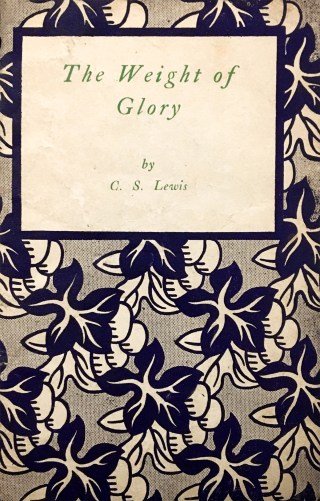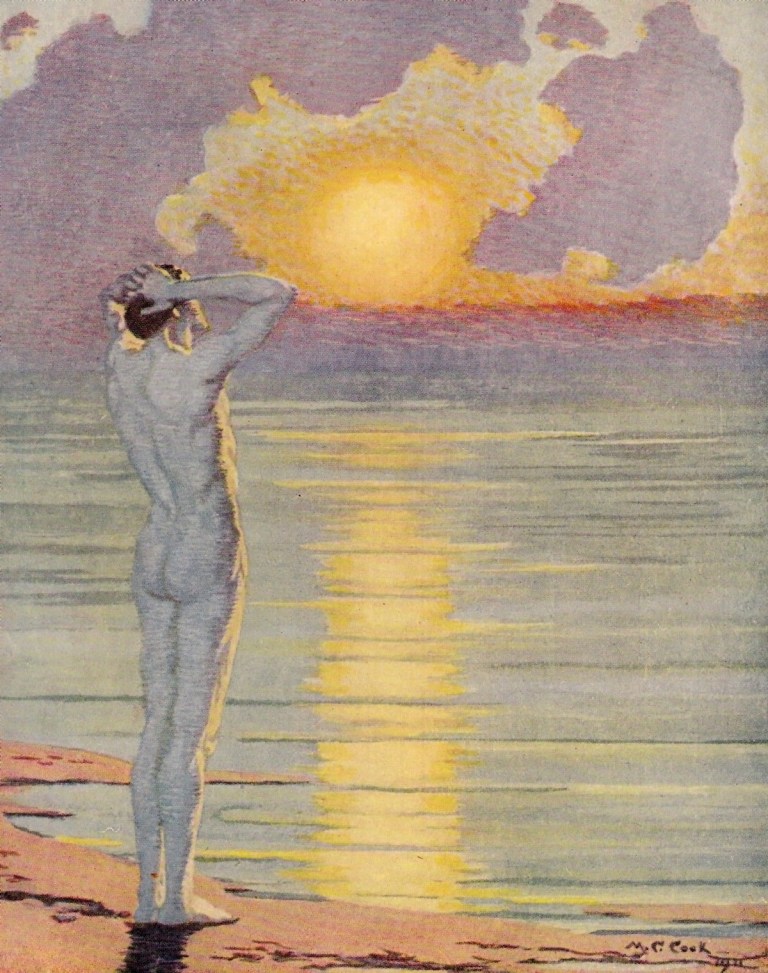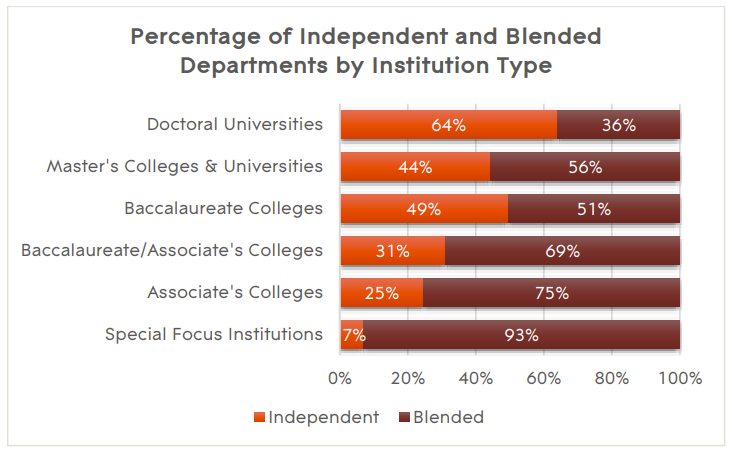The books or the music in which we thought the beauty was located will betray us if we trust to them; it was not in them, it only came through them, and what came through them was longing. These things — the beauty, the memory of our own past — are good images of what we really desire; but if they are mistaken for the thing itself they turn into dumb idols, breaking the hearts of their worshipers. For they are not the thing itself; they are only the scent of a flower we have not found, the echo of a tune we have not heard, news from a country we have never visited.
Nothing kidnaps our capacity for presence more cruelly than longing. And yet longing is also the most powerful creative force we know: Out of our longing for meaning came all of art; out of our longing for truth all of science; out of our longing for love the very fact of life. We may give this undertone of being different names — Susan Cain calls it “the bittersweet” and Portuguese has the lovely word saudade: the vague, constant longing for something or someone beyond the horizon of reality — but we recognize it in our marrow, in the strata of the soul beyond the reach of words.


For Lewis, who was religious, this notion of “the thing itself” — the ultimate object of longing — was anchored in his understanding of God. For me, it calls to mind Virginia Woolf’s exquisite epiphany about the meaning of art and life, found while strolling through her flower-garden:
No one has explored the paradoxical nature of longing more sensitively than the philosopher, storyteller, beloved Narnia creator, and modern mystic C.S. Lewis (November 29, 1898–November 22, 1963) in a sermon he delivered on June 8, 1941, which later lent its title to his 1949 collection of addresses The Weight of Glory (public library).
Lewis — who thought deeply about the significance of suffering and the secret of happiness — writes:
This desire for our own far off country [is] the secret which hurts so much that you take your revenge on it by calling it names like Nostalgia and Romanticism and Adolescence; the secret also which pierces with such sweetness that when, in very intimate conversation, the mention of it becomes imminent, we grow awkward and affect to laugh at ourselves; the secret we cannot hide and cannot tell, though we desire to do both. We cannot tell it because it is a desire for something that has never actually appeared in our experience. We cannot hide it because our experience is constantly suggesting it, and we betray ourselves like lovers at the mention of a name. Our commonest expedient is to call it beauty and behave as if that had settled the matter. Wordsworth’s expedient was to identify it with certain moments in his own past. But all this is a cheat. If Wordsworth had gone back to those moments in the past, he would not have found the thing itself, but only the reminder of it; what he remembered would turn out to be itself a remembering.
Behind the cotton wool is hidden a pattern… the whole world is a work of art… there is no Shakespeare… no Beethoven… no God; we are the words; we are the music; we are the thing itself.
As Lewis considers the illusory nature of these shorthands for our longing, we are left with the radiant intimation that “the thing itself” is not something we reach for, something beyond us, but something we are:





